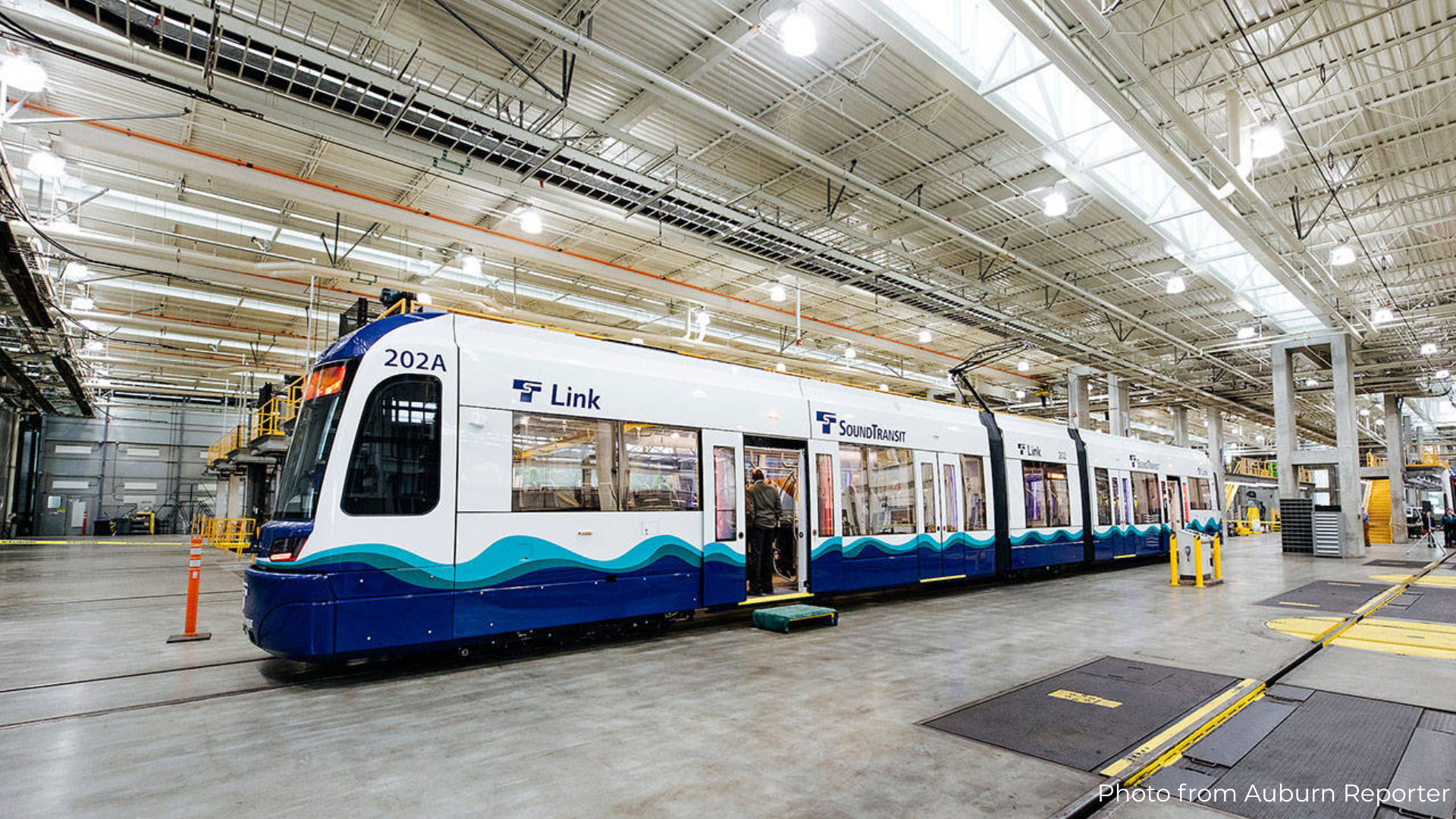Yesterday, I had the opportunity to testify before the Senate Transportation Committee on Senate Bill 6301, which would make the Sound Transit Board a directly elected (rather than appointed) board. This has been a longstanding recommendation of the Washington Policy Center, so I was excited to be able to share our support of the bill.
Here is the public hearing, beginning with my testimony on this bill. Below is a written account.
"The current appointment structure of the Sound Transit Board insulates members from accountability to the public.
For example, there is very little incentive for Board members in a select city to speak on behalf of or represent the needs of those who are not in their constituency and therefore cannot unelect them for decisions they make on the Sound Transit Board. The mayor of Everett has little incentive to advocate for the interests of the low-income families who will lose their mobile homes at Jackson Mobile Park in Kent. A King County Councilmember has equally little incentive to advocate for the interests of the local charity in Puyallup whose property is to be condemned by Sound Transit to expand Sounder parking.
This bill helps to bridge this gap between Board members and the public.
One concern that has been expressed is that King County would get all the votes so others outside of King County might not have their voices heard. However, it’s questionable whether people feel heard now. A quick look at Board meeting minutes over the last 15 years shows an appointed Board that votes unanimously year after year on the annual budget. This is significant because while the Board votes unanimously, the public is split almost down the middle. Even recognizing that 54% voted in favor of ST3 – rejecting more direct, equal and fair representation tells 46% of people in the taxing district that their viewpoint doesn’t matter.
This bill continues Sound Transit’s tradition of requiring a two-thirds vote requirement on major decisions, but creates 11 nearly equal districts within the 5 subareas, allowing for more democratic election and diverse representation.
There is also concern that the Board should be made up of people who, as former Tacoma mayor said, have a “special body of knowledge.” But the fact is that the people who are paying billions of dollars should also have direct internal input…and, as we’ve learned in the last year, even the best experts make costly mistakes when there is no risk of accountability.
Opening this process to ordinary people who care about transportation and civic engagement, who have diverse viewpoints and ideas, just like all of you, is something we should embrace and encourage."





